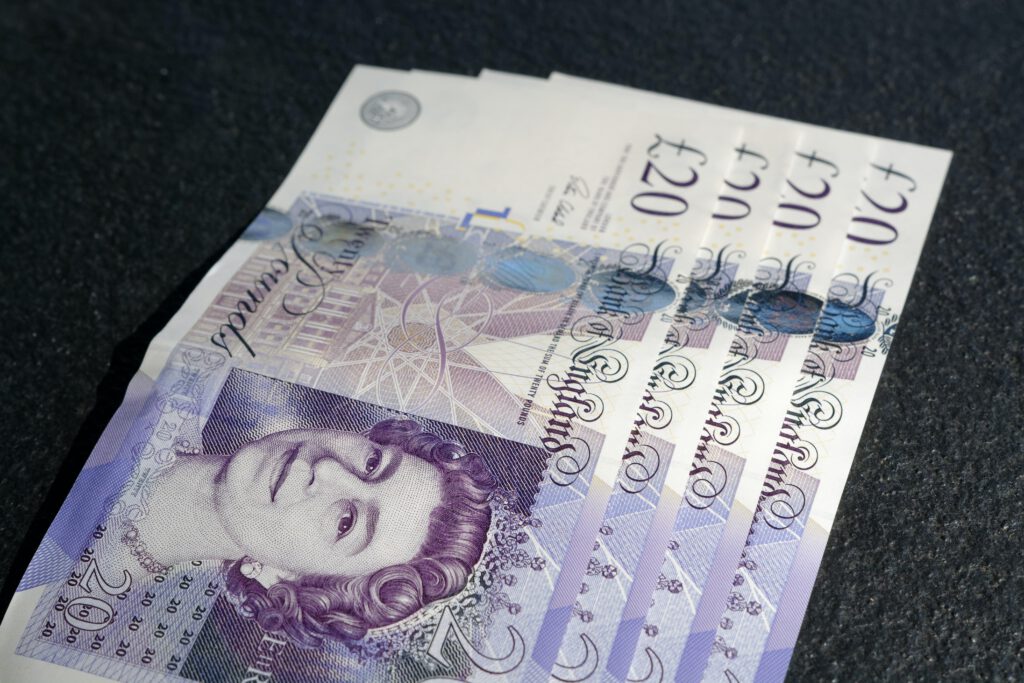Smart Tax Planning for the Elderly

Collaborative Post
Your twilight years are a time that you should be able to relax and enjoy, free from many of the hassles that plague working life. Unfortunately, taxation is one thing that you can’t escape. Even when you’re elderly, you’ll need to be aware of your financial affairs.
Taxation might not be the most thrilling subject to consider, but it’s essential. Understanding what type of income attracts tax and how to receive money that is legitimately tax-free is vital.
Tax planning is an enormous subject that could fill an entire book, but here’s a brief overview of the most critical points.
Earning Tax-Free Cash
As a pensioner, you’ll be exempt from some types of deductions, such as National Insurance, but tax will still apply. If you get a part-time job to supplement your pension, you’ll need to be aware of how much you can earn before your money becomes taxable.
The good news is that not all types of income are taxable. You can enjoy retirement and tax-free trading by spread betting on the forex market. Like any type of trading, there is a risk, but there are strategies you can utilise to minimise this, such as stop-loss orders. Forex is different from trading in stocks and shares because it’s treated as a type of spread bet. This means that it’s not liable to income tax as HMRC don’t classify it as earned income.
There are other ways to enjoy tax-free cash, but they’re not quite as easy, such as winning the lottery or the pools!
Understand the Tax Payable
If you were a PAYE worker, you would have been used to a payroll department taking care of everything. The most convenient way of organising tax payments, PAYE, means that you don’t need to worry about checking the figures.
Once you reach retirement, it can get a little more complicated. It’s the point in your life when HMRC are more prone to making mistakes. This is especially the case if you receive annuities and pensions from different sources or you have multiple revenue streams of a different kind.
Most of the time, HMRC will continue to be accurate with their calculations, but it’s not always the case. Understanding how your tax is calculated and what is due will help you to check that you’re not being overcharged.
Everyone has a personal allowance, including pensioners. This is the sum you are allowed to earn before tax is payable. For 2020/2021, this allowance is set at £12,500. You need to add up everything which is being received; if it comes to less than £12,500 annually, you shouldn’t be charged any income tax.
You don’t have to do all the calculations manually. HMRC have an online tax calculator which can check what you’re receiving and tell you what you should expect to pay.
Use this opportunity to check whether you’re entitled to any additional benefits. For example, Attendance Allowance is payable to any adult aged over 65 who needs extra help. There’s also Married Couple’s Allowance if one of the people in the marriage was born before 6 April 1935.
Photo by Colin Watts on Unsplash

